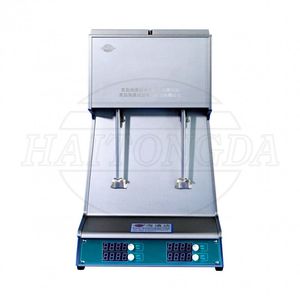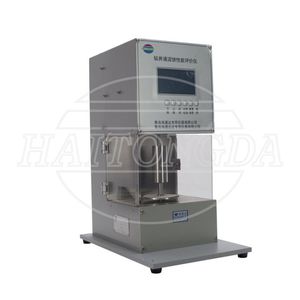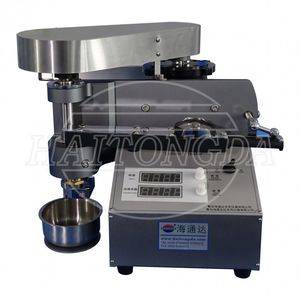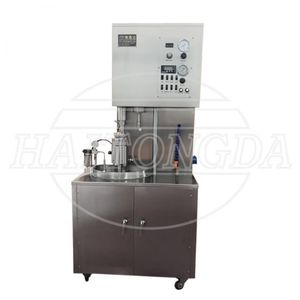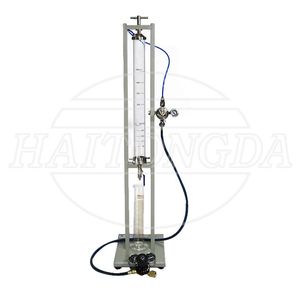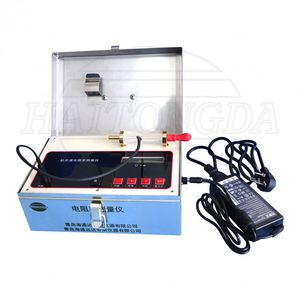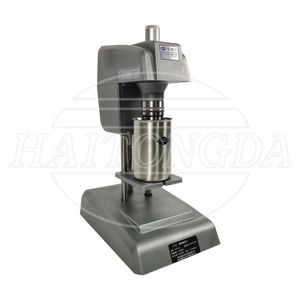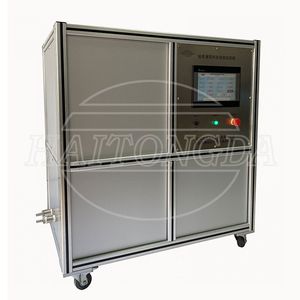
- Metrology - Laboratory
- Metrology and Test Equipment
- Performance tester
- Qingdao Haitongda Special Instrument Co., Ltd.
Electrical stability tester DWY-2Aperformancebatteryfor oil-based drilling fluids
Add to favorites
Compare this product
Characteristics
- Test type
- performance, electrical stability
- Tested product
- battery, for oil-based drilling fluids
- Applications
- industrial, laboratory
- Configuration
- portable
Description
The former structure of the electrical stability tester is mainly composed of external host, electrode, power supply and battery, which is inconvenient to carry and limited to field use. Therefore, the instrument is placed in the instrument box to provide favorable conditions for the use of the outdoor environment.
The electrical stability tester is a portable instrument for measuring the electrical stability (ES) of oil-based drilling fluid. The electrical stability of drilling fluid is related to the stability and wettability of emulsion. The tester is in accordance with the electrical stability test procedure described in API rp13b-2 Recommended Practice for field testing of oil based drilling fluids.
The instrument is mainly composed of instrument box, test body, electrode, power adapter and glass beaker.
The electrical stability tester is a sine wave instrument, which is used to measure the relative electric strength of drilling fluid with continuous oil phase in conventional field and laboratory. It is accurate, simple and portable. The influence of chemical composition and shear history of drilling fluid on the absolute value of ES is very complex. Therefore, it is not advisable to interpret the oil wetting state of drilling fluid based on single measurement of es. When determining the treatment process of drilling fluid, only can use the change trend of ES.
Characteristic:
AC power plug to allow general operation of power supply requirements
Power supply: 16V 4.5a (power adapter)
Auto calibration, real time performance check
The monitor is large and easy to read
Catalogs
No catalogs are available for this product.
See all of Qingdao Haitongda Special Instrument Co., Ltd.‘s catalogsOther Qingdao Haitongda Special Instrument Co., Ltd. products
Drilling Fluids Testing
Related Searches
- Test machine
- Automatic test machine
- Portable testing system
- Digital testing system
- Automatic test equipment
- Industrial testing system
- Precision test machine
- Automatic testing system
- Cabling tester
- Industrial test equipment
- Viscosity measurement device
- Resistance testing system
- Static testing machine
- Tester with LCD screen
- Benchtop testing system
- Compact testing system
- Digital test kit
- Battery testing system
- Cement test machine
- Hydrometer
*Prices are pre-tax. They exclude delivery charges and customs duties and do not include additional charges for installation or activation options. Prices are indicative only and may vary by country, with changes to the cost of raw materials and exchange rates.




